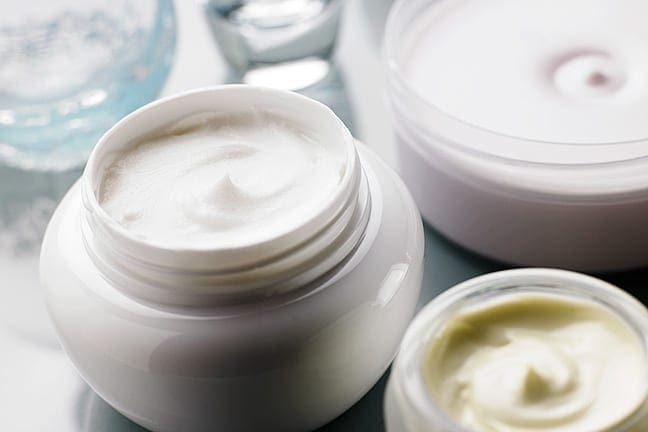What may scare some people about biotechnological ingredients (made from modifying living organisms) tends to excite me.Why? Because I know that these ingredients have not just popped up overnight making ridiculous claims based on two months of playing around with cells in a petri dish or “lab grown” skin (yes, skin can be grown in a lab; that’s another discussion for another day).Even if companies making outrageous claims have done clinical trials (real people using the product as directed for a specified amount of time) on these ingredients, most of the clinical studies are poorly designed and seriously flawed.From a formulator’s perspective, the more data gathered on the efficacy of an ingredient the better. If the product has been proven to work in the medical field then that’s even better!QUIZ: Do You Have Healthy Skin?There are two types of companies in the skincare industry—those that are marketing-driven and those that are science-driven. Marketing isn’t necessarily bad—all products (even science-driven ones) must have a marketing story otherwise it wouldn’t capture your attention, and that’s just not good business.But many companies come up with their marketing strategy first (what product they want to create; how they want to position it) and then hastily throw in ingredients backed by poorly-designed clinical trials in order to make claims.However, there are companies that focus on the science of the ingredients first, and then build stories around them based on results that were years in the making. Companies like Neocutis and LiftLab have products that revolve around biotechnological ingredients that may seem a little intimidating but if you are a progressive beauty user then you will find these products very intriguing.MORE: Choosing Skincare ProductsSwiss-based company Neocutis is an offshoot from a medical school in Lausanne, Switzerland that focuses on biotech ingredients for the dermatological and skincare industries. The backbone to Neocutis’ products is their patented “skin nutrient” Processed Skin Cell Proteins, or PSP. PSP is composed of cultured skin cells that feed our skin essentials like antioxidants, growth factors and other proteins to promote skin cell renewal and basically help regulate the natural processes of our skin that worked to near perfection until we hit the big 3-0 (or there abouts).PSP helps to replenish those proteins that were once plentiful but decrease with age. Sounds wonderful right? It is for someone like me who has been claiming to be twenty-seven for the past XX years! What makes some people second-guess PSP is that it originates from Human Fibroblast Lysate, or skin from a biopsy. From that one procedure an entire cell bank was established to create treatments to heal burns and promote scarless wound healing.MORE: Skin-Boosting Antioxidant SaladLiftLab is another skincare company based on biotechnology—in particular “Anti-Freeze” proteins (AFP). AFPs are found in cold water fish and certain insects that have the ability to protect themselves against extreme freezing conditions.Actually, to say that AFPs protect themselves against freezing conditions is an understatement—they can modify the structure of ice and suppress ice formation. What does that have to do with your cells? AFPs lay over your cells like a blanket, increasing cell protein production. LiftLab uses a slightly modified version of AFP called Cell Protection Proteins or CPP. These proteins are not only useful in cold climates but have been shown to upregulate certain genes that slow down in production as we age and downregulate some genes that were once slow and steady but are now out of control. The end result is the regulation of genes that behave with more characteristics of younger skin.MORE: Seven Healthy (and Free!) Habits for Great SkinI am not one to drink the Kool-Aid; I rely heavily on sound science and well-structured studies to form an educated opinion on ingredients. Biotech ingredients like PSP and AFP (or CPP) have years of studies and applications across different industries that may seem different but when evaluated at the molecular level are more alike than you think.MORE: The Best Skincare Strategies for Your Lifestyle
© YouBeauty 2024




































